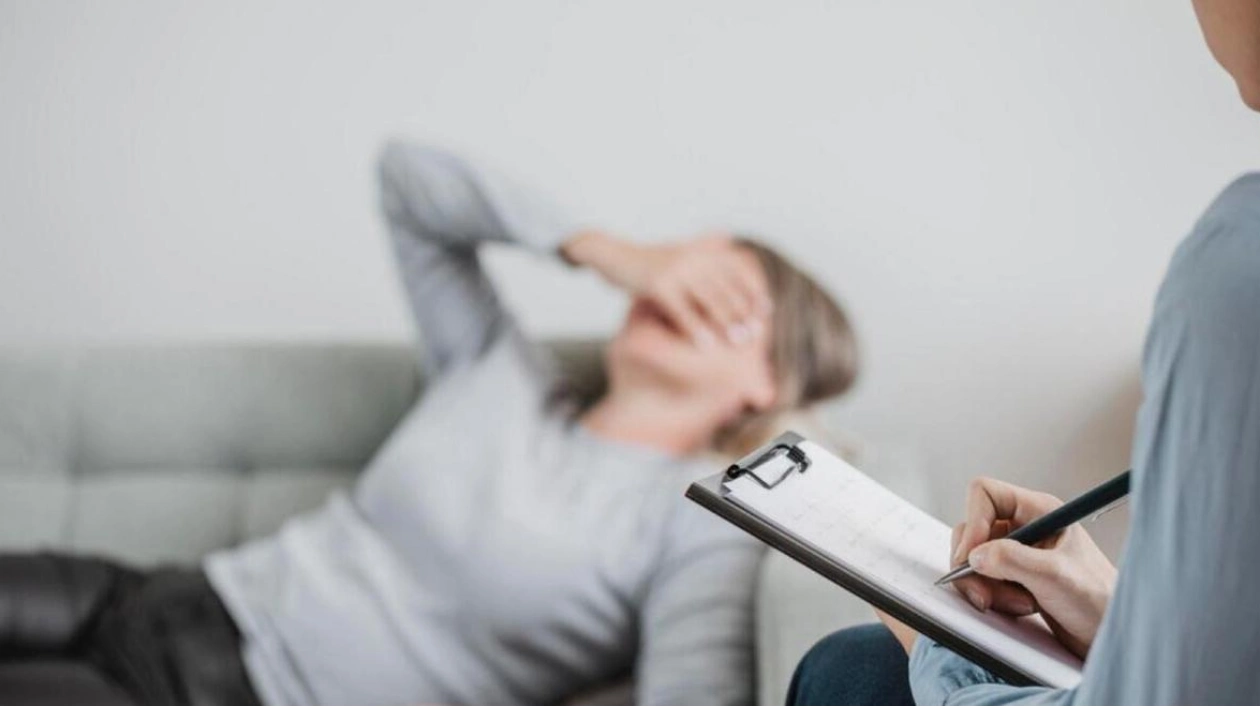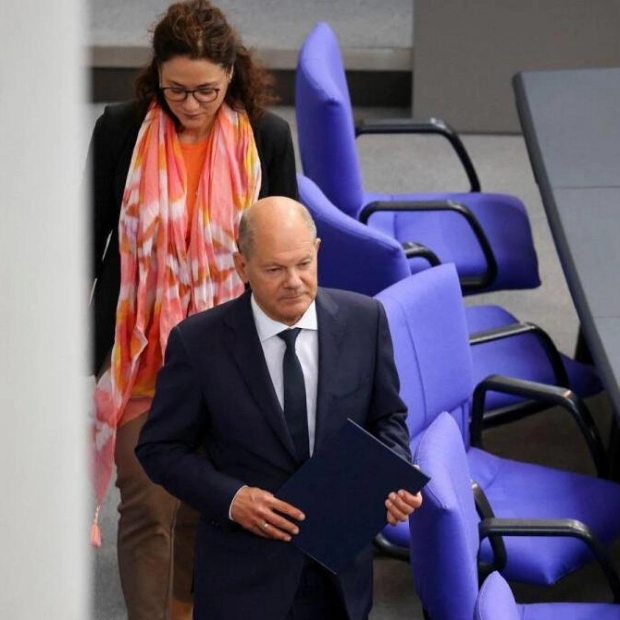Menopause. What emotions does the word evoke in you? Curiosity? Confusion? Concern? Dread? Do you shiver at the mere thought? Rest assured, you're not alone.
The phrase “the end of a woman’s reproductive years” may sound liberating, but let's face it—it comes with a fair share of challenges. Here are some facts: 1. There are over 80 symptoms linked to menopause/perimenopause, which can persist for years. 2. Three out of four women experience these symptoms. 3. Most medical doctors lack training in diagnosing menopause/perimenopause, leaving women to search for answers.
It sounds daunting, right? But what if navigating menopause didn’t have to be so overwhelming? What if you had a team of specialists ready to guide you through every twist and turn of this often chaotic journey? That’s precisely what an upcoming panel discussion aims to address, featuring Dr. Geraldine Naidoo, Dr. Martin Galy, Dr. Jun Huang, and Linda Sakr.
The discussion will cover emotional highs and lows, physical symptoms, and both medical and non-medical approaches to managing menopause. It promises to unveil everything you need to know for a better quality of life during this phase.
Contrary to the myth that women must suffer through menopause, there are multiple sources of help and support available. Anxiety during menopause often stems from hormonal changes, particularly the drop in estrogen, which affects brain chemistry and mood regulation. Physical and emotional changes, such as sleep disturbances and hot flashes, can also contribute to heightened stress and anxiety.
Unresolved trauma can intensify these symptoms, creating a cycle of discomfort and emotional instability. Dr. Naidoo emphasizes the importance of investigating and unlearning stress/trauma patterns to break unwanted, recurring anxiety cycles.
Bio-identical hormone replacement therapy (BHRT) expert Dr. Galy explains that bio-identical hormones are chemically identical to those naturally produced by the body. BHRT is ideal for women whose menopausal symptoms significantly impact their quality of life, provided they have no contraindications like a history of breast cancer.
Holistic counseling psychologist Linda Sakr uses traditional psychology methods along with alternative healing modalities to help women become the best versions of themselves. She recommends seeking psychotherapy for persistent feelings of sadness, hopelessness, anxiety, and mood swings.
Mindfulness can help stay connected to the present moment, reducing anxiety. Traditional Chinese Medicine (TCM) and acupuncture, as practiced by Dr. Huang, aim to restore balance and promote natural healing. TCM views menopause as a natural transition where the body seeks balance, and with the right support, women can experience this phase with vitality and enhanced well-being.
The event will take place at Keyani Wellness Centre in Dubai on October 1, from 10 am onwards. Attendees can enjoy coffee and have their personal questions answered by top specialists.






